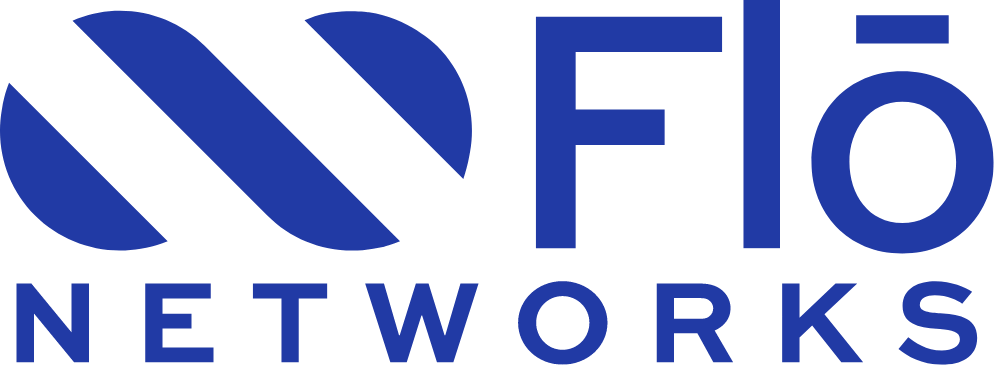The internet has become an essential part of modern society, and with the increase in demand for faster and more reliable internet connections, businesses have been turning to broadband internet and dedicated internet access as their preferred means of connection. While these two options may seem similar at first glance, there are significant differences between the two. In this article, we will explore the difference between broadband internet and dedicated internet access.
What is Broadband Internet?
What is Dedicated Internet Access?
Dedicated internet access, also known as DIA, is a connection that is exclusively dedicated to a single user or organization. Unlike broadband internet, which is shared among many users, DIA provides a dedicated and guaranteed bandwidth, ensuring that the user has full access to the entire bandwidth at all times. This means that the user can expect consistent and reliable performance, which is especially important for businesses that rely on the internet for mission-critical applications and operations.
Dedicated internet access is typically delivered over a leased line or a private fiber-optic network. It is more expensive than broadband internet but provides faster and more reliable performance, making it an ideal choice for businesses that require a high level of performance and reliability.
Key Differences
The primary differences between broadband internet and dedicated internet access are as follows:
Speed and Performance: DIA provides a guaranteed bandwidth, ensuring that the user has access to the entire bandwidth at all times, resulting in faster and more reliable performance. Broadband internet, on the other hand, is shared among multiple users, which can result in slower performance during peak usage times.
Reliability: DIA offers a high level of reliability and uptime, making it ideal for businesses that require a constant connection. Broadband internet can experience downtime due to network congestion or maintenance issues, which can impact business operations.
Cost: Broadband internet is less expensive than dedicated internet access, making it an ideal choice for small and medium-sized businesses. DIA is more expensive at first glance, but provides faster and more reliable performance, making it a better choice for larger organizations with higher bandwidth requirements. Broadband’s lack of reliability and uptime guarantees, can sometimes be more costly for businesses which rely on their connection for their operations.
In conclusion, both broadband internet and dedicated internet access have their pros and cons. Broadband internet is widely available and less expensive, making it a popular choice for small businesses. Dedicated internet access provides faster and more reliable performance, making it an ideal choice for larger organizations who rely on their connectivity for their processes and/or have high bandwidth requirements. Ultimately, the choice between the two depends on the specific needs and budget of the organization.


